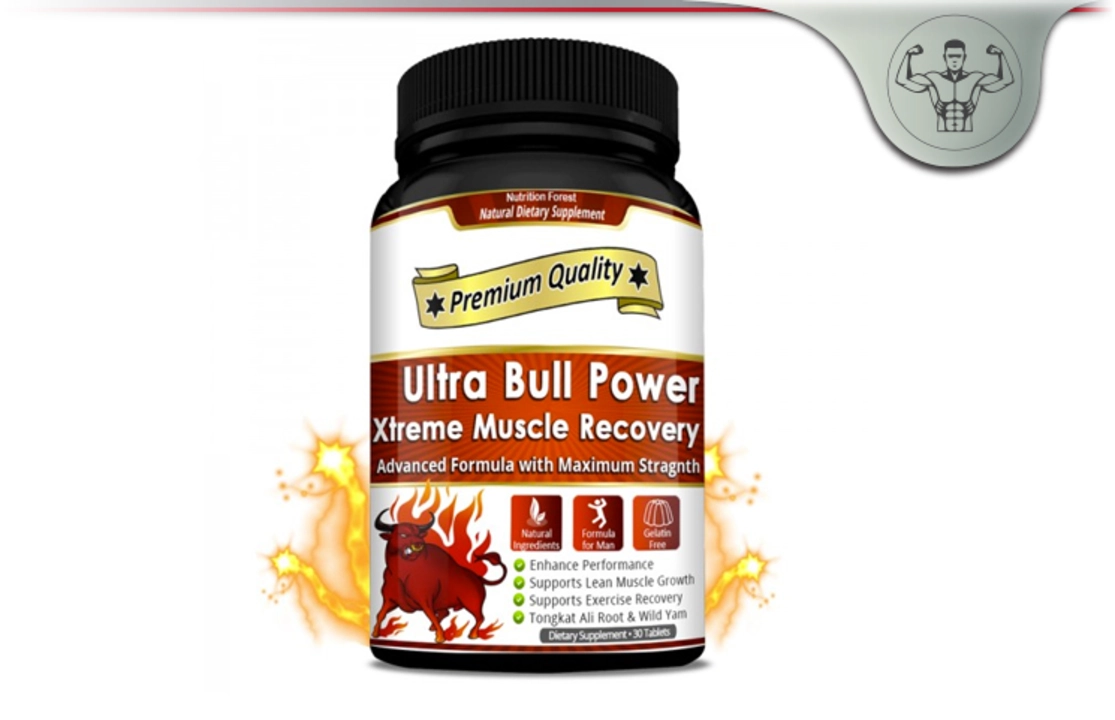Natural Dietary Supplement: Smart Choices for Real Health Benefits
Buying a natural dietary supplement shouldn't feel like guessing in the dark. Many products promise big results, but quality, safety, and usefulness vary a lot. This page collects practical advice and clear tips so you can choose supplements that actually help—without wasting money or risking your health.
How to pick a good natural dietary supplement
Start with a problem you want to solve. Low energy? Immune support? Water retention? Pick supplements that match that goal, then check these facts before buying:
- Look for third-party testing labels like USP, NSF, or ConsumerLab. That means what’s on the label was actually verified.
- Read the ingredient list. Avoid vague “proprietary blends” that hide doses. You want exact milligrams listed for active ingredients.
- Check standardization on herbs (for example, "standardized to X% of active compound"). That gives consistency between batches.
- Prefer manufacturers who list contact info, lot numbers, and expiration dates. If a company hides basics, walk away.
- Decide on form and bioavailability: some nutrients absorb better as powders or specific extracts. For example, magnesium glycinate is gentler than magnesium oxide for many people.
- Read real user reviews but prioritize human trial data when available. If an article on this site talks about Agaricus mushrooms or other supplements, use it to compare science vs. marketing claims.
Safety, interactions, and real-use tips
Supplements can interact with medicines. St. John’s wort, for example, can reduce effectiveness of many drugs. Garlic and ginkgo can affect blood thinners. If you take prescription meds—especially blood pressure, diabetes, or anticoagulant drugs—check with your doctor or pharmacist first.
Start slow: introduce one new supplement at a time and wait 2–4 weeks to notice effects or side effects. Track what changes—sleep, digestion, energy—so you know what helps.
Watch special situations: pregnant or breastfeeding people, kids, and people with immune disorders should avoid some natural supplements or get medical advice before starting anything new.
Store supplements as directed—some need a cool, dry place; others do better refrigerated. Toss products past their expiry date; potency fades and contamination risk rises.
Use supplements to fill gaps, not as a substitute for a balanced diet. Eating whole foods first reduces the need for multiple pills. If you want targeted help—like natural diuretics for mild water retention or mushroom extracts for immune support—pick one well-tested product and give it a fair trial of 6–12 weeks.
Need examples or product-specific guides? Check articles on this site about Agaricus mushrooms, natural diuretics, and specific alternatives to prescription drugs. They offer concrete options, dosage notes, and safety tips you can use right away.
Questions about a specific supplement? Ask a pharmacist or post your question here and we’ll point you to the facts you need.

